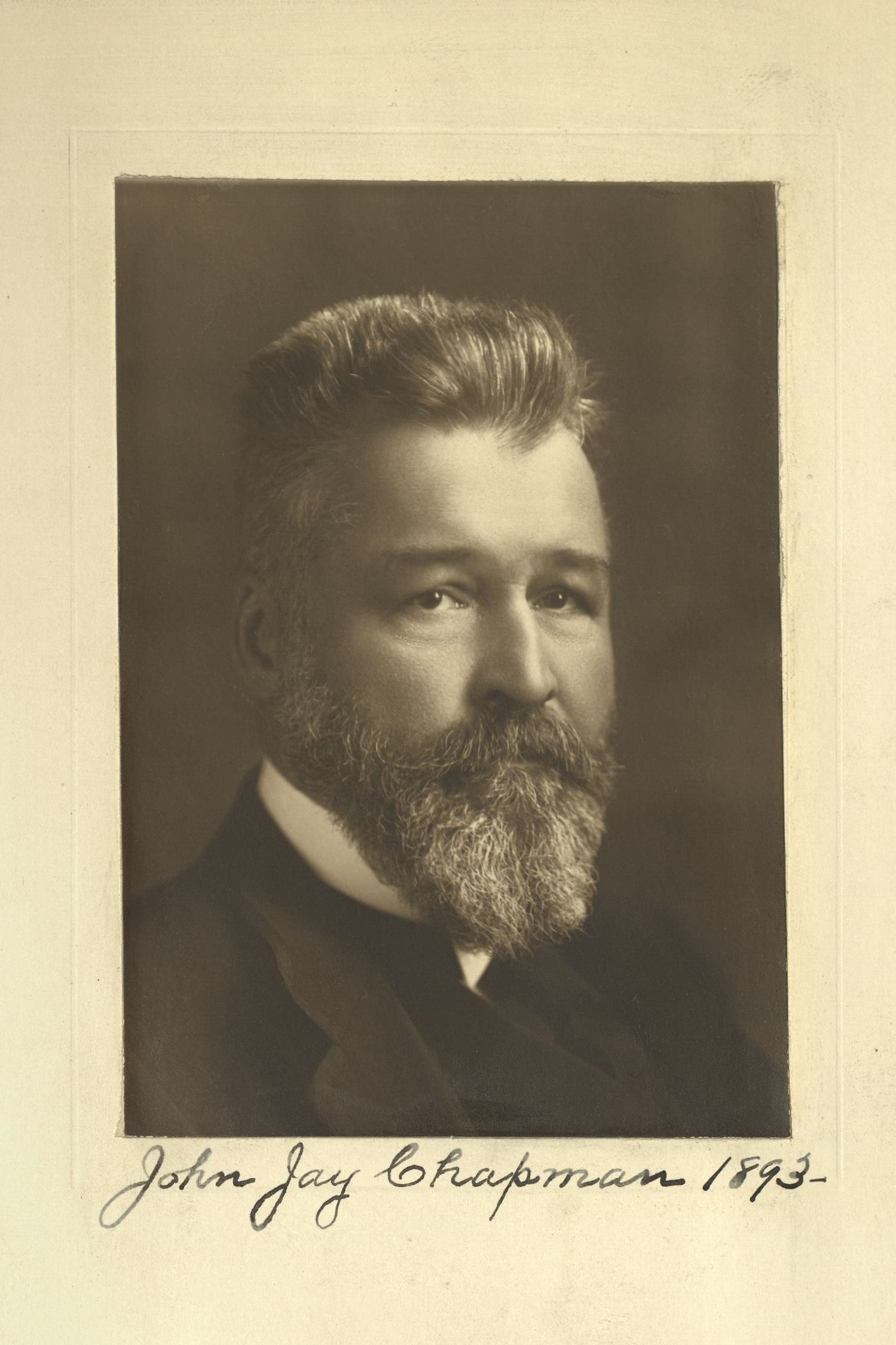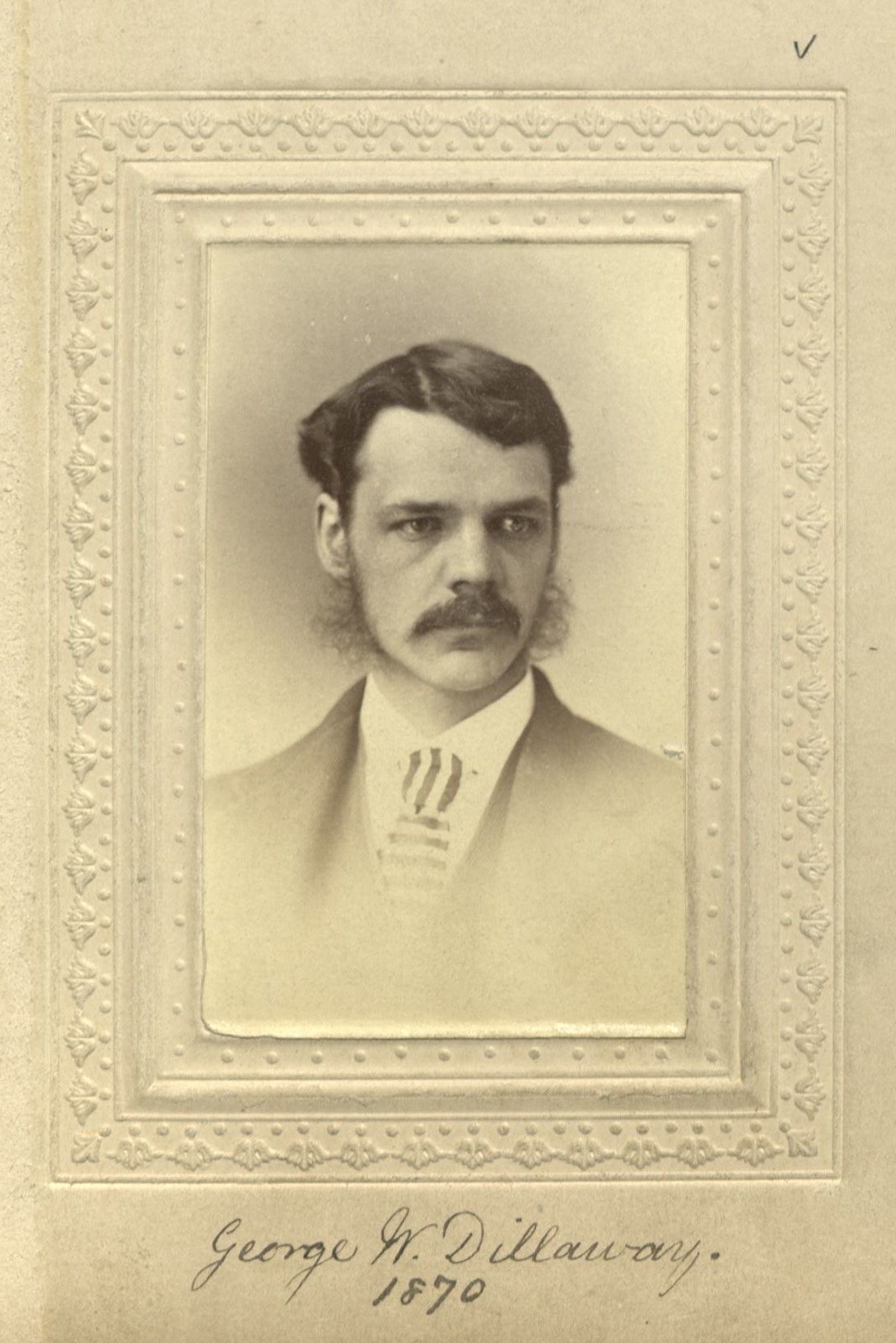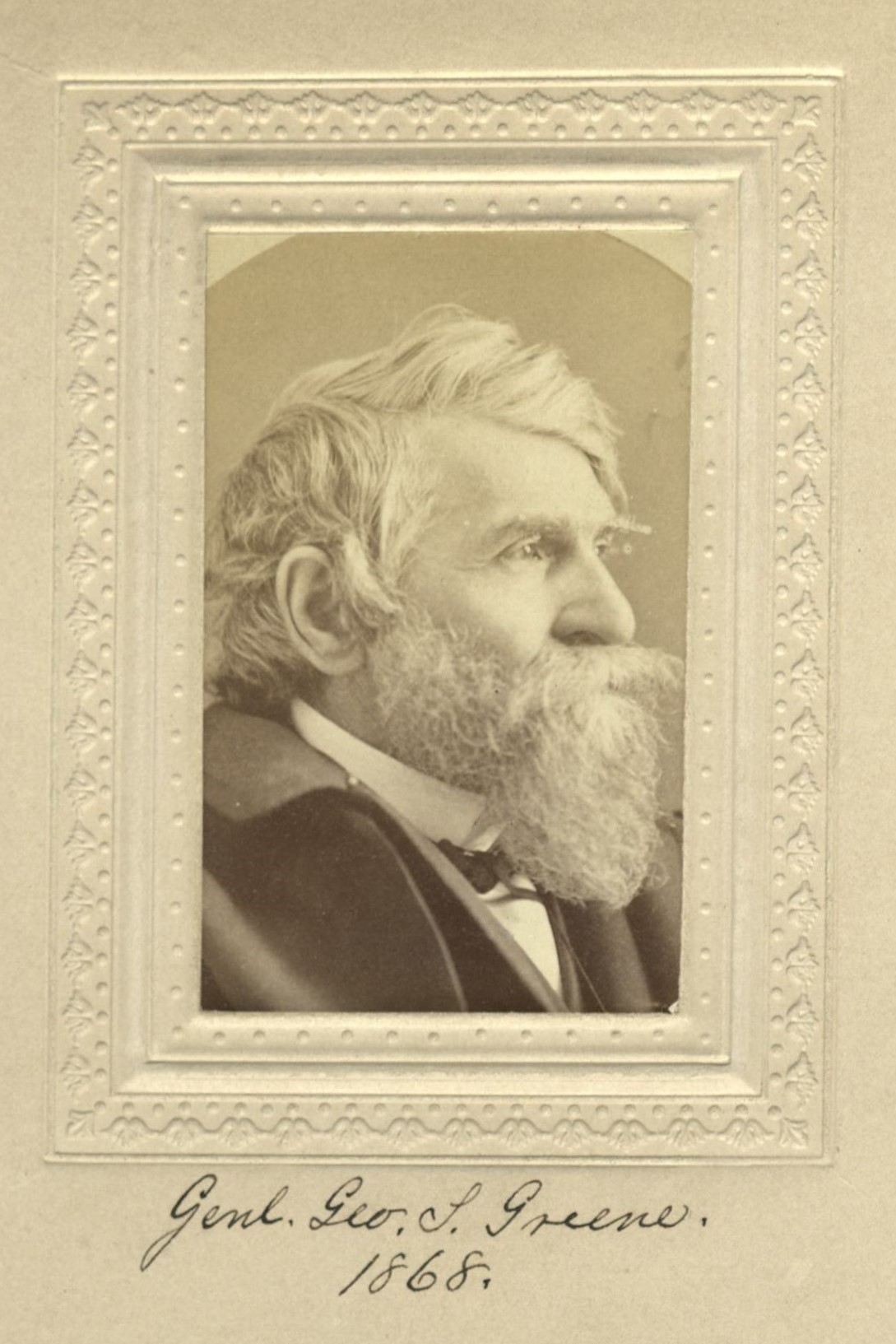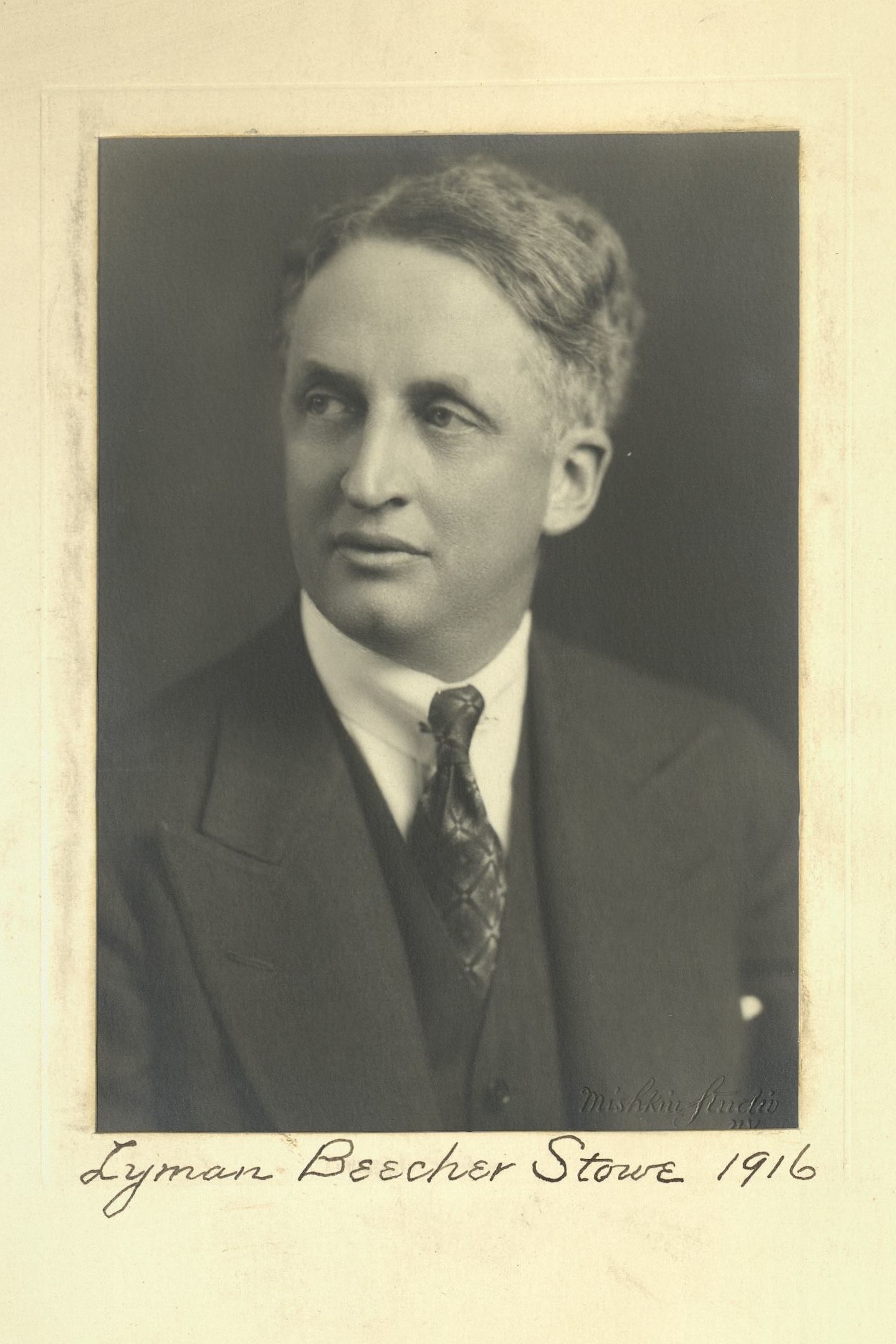Member Directory,
1847 - 1922
Richard W. G. Welling
Lawyer
Centurion, 1893–1946
George S. Greene and George W. Dillaway
North Kingston, Rhode Island
New York (Manhattan), New York
Age thirty-five
North Kingstown, Rhode Island

Century Memorial
Richard Ward Greene Welling. [Born] 1858. Lawyer.
What am I to say of Richard Welling—when everybody in this room knew him better than I? C. C. Burlingham, not this freshman, should tell the story, the great story of Welling the reformer.
Richard Welling’s story is decidedly not a story, as Welling himself said, “of a reformer’s development from abysmal ignorance toward sophistication.” Rather it is the story of a reformer who concluded what Aristotle concluded: “All who have meditated upon the art of government have been convinced that the fate of empires depends upon the education of youth.” So Welling, having fought the Tammany tiger, in association with Theodore Roosevelt, Elihu Root, Carl Schurz, E. L. Godkin, Joseph Choate, Abram Hewitt, John Jay Chapman, James C. Carter, Bishop [Henry Codman] Potter, Seth Low—Centurions all, and mentioning only our great dead—Welling turned to the schools for permanent results.
His vehicle was the National Self Government Committee, founded in 1904. He had come to believe that the only way to build good citizenship and good government is by organizing self-government in the public schools. Finding, at first, scant acceptance among teachers for his ideas, he studied for the degree of Master of Pedagogy, and taught in the city schools to acquire a background of personal experience in the new world of his work for good citizenship.
All this I know is very inadequate and I would have you read his “As the Twig Is Bent,” to get the stature of the man he was. His body, great in strength and size, like a B-29, carried his spirit high on his long voyage and was the platform to mount that spirit’s guns—guns which, for sixty-five years, outfought the enemies of good government, guided as those guns were by the radar of his militant and discerning citizenship.
He was a Centurion for fifty-three years.
Source: Henry Allen Moe Papers, Mss.B.M722. Reproduced by permission of American Philosophical Society Library & Museum, Philadelphia
Henry Allen Moe
Henry Allen Moe Papers, 1946 Memorials
Related Members
Member Directory Home-
 Harry R. BaltzManufacturerCenturion, 1920–1951
Harry R. BaltzManufacturerCenturion, 1920–1951 -
 Charles C. BurlinghamLawyerCenturion, 1893–1959
Charles C. BurlinghamLawyerCenturion, 1893–1959 -
 James R. BurnetLawyerCenturion, 1903–1908
James R. BurnetLawyerCenturion, 1903–1908 -
 James C. CarterLawyer/Public ServantCenturion, 1857–1905
James C. CarterLawyer/Public ServantCenturion, 1857–1905 -
 John Jay ChapmanLawyer/Writer/PoetCenturion, 1893–1933
John Jay ChapmanLawyer/Writer/PoetCenturion, 1893–1933 -
 George W. DillawayLawyerCenturion, 1870–1897
George W. DillawayLawyerCenturion, 1870–1897 -
 George S. GreeneArmy Officer/EngineerCenturion, 1868–1899
George S. GreeneArmy Officer/EngineerCenturion, 1868–1899 -
 Lyman Beecher StowePublicistCenturion, 1916–1963
Lyman Beecher StowePublicistCenturion, 1916–1963




